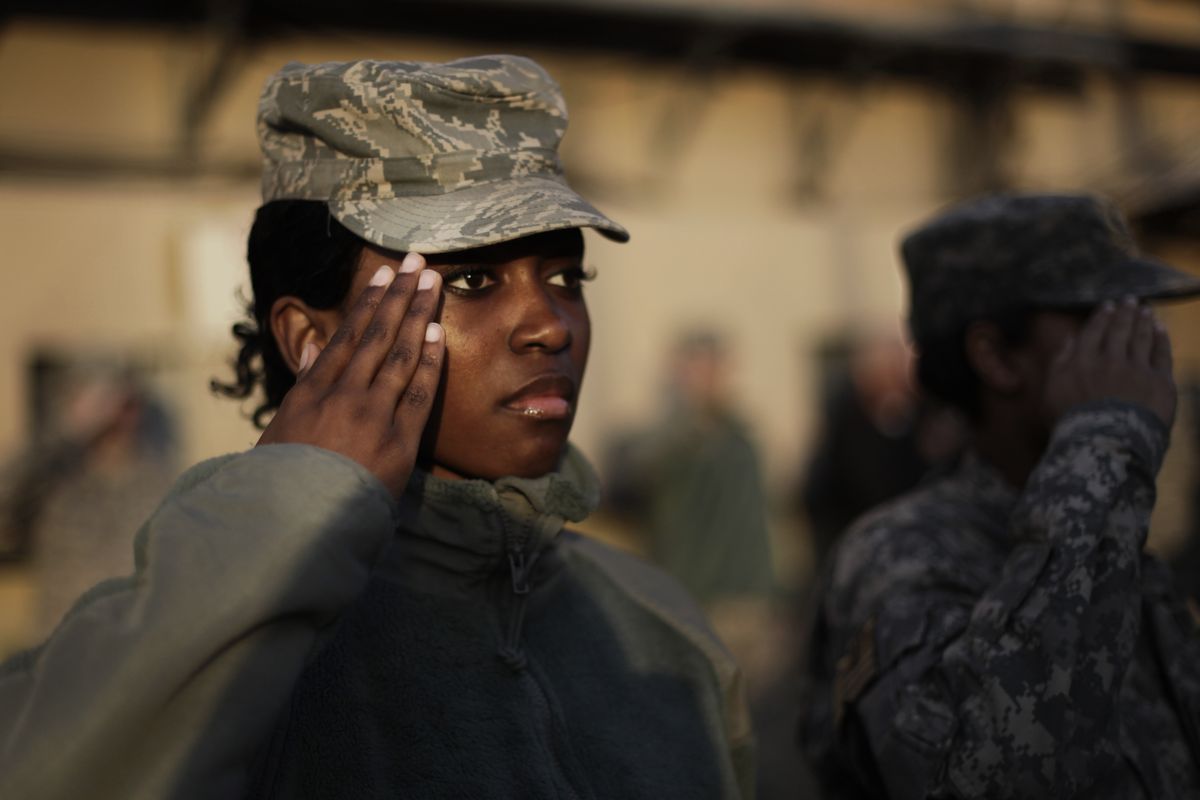Envoy resists troop surge
U.S. ambassador in Afghanistan wary of Karzai

WASHINGTON – The U.S. ambassador in Kabul sent two classified cables to Washington in the past week expressing deep concerns about sending more U.S. troops to Afghanistan until President Hamid Karzai’s government demonstrates that it is willing to tackle the corruption and mismanagement that has fueled the Taliban’s rise, senior U.S. officials said.
Karl Eikenberry’s memos, sent as President Barack Obama enters the final stages of his deliberations over a new Afghanistan strategy, illustrated both the difficulty of the decision and the deepening divisions within the administration’s national security team. After a top-level meeting on the issue Wednesday afternoon – Obama’s eighth since early last month – the White House issued a statement that appeared to reflect Eikenberry’s concerns.
“The President believes that we need to make clear to the Afghan government that our commitment is not open-ended,” the statement said. “After years of substantial investments by the American people, governance in Afghanistan must improve in a reasonable period of time.”
On the eve of his nine-day trip to Asia, Obama was given a series of options laid out by military planners with differing numbers of new U.S. deployments, ranging from 10,000 to 40,000 troops. None of the scenarios calls for scaling back the U.S. presence in Afghanistan or delaying the dispatch of additional troops.
But Eikenberry’s last-minute interventions have highlighted the nagging undercurrent of the policy discussion: the U.S. dependence on a partnership with a Karzai government whose incompetence and corruption is a universal concern within the administration. After months of political upheaval, in the wake of widespread fraud during the August presidential election, Karzai was installed last week for a second five-year term.
In addition to placing the Karzai problem prominently on the table, the cables from Eikenberry, a retired four-star general who in 2006-2007 commanded U.S. troops in Afghanistan, have rankled his former colleagues in the Pentagon – as well as Gen. Stanley McChrystal, defense officials said. McChrystal, the top U.S. and NATO commander in Afghanistan, has stated that without the deployment of additional tens of thousands of troops within the next year, the mission there “will likely result in failure.”
Eikenberry retired from the military in April 2009 as a senior general in NATO and was sworn in as ambassador the next day. His position as a former commander of U.S. troops in Afghanistan is likely to give added weight to his concerns. It will also likely fan growing doubts about U.S. prospects for Afghanistan among an increasingly pessimistic public.
Although Eikenberry’s extensive military experience was one of the main reasons he was chosen by Obama for the top diplomatic job in Afghanistan, the former general had been reluctant as ambassador to weigh in on military issues. Some officials who favor an increase in troops said they were befuddled by last-minute nature of his strongly worded cables.
In his communications with Washington, Eikenberry has expressed deep reservations about Karzai’s erratic behavior and Afghan government corruption, particularly in the senior ranks of the Karzai government, said U.S. officials familiar with the cables. Since Karzai was officially declared re-elected last week, U.S. diplomats have seen little sign that the Afghan president plans to address the problems of corruption they have raised repeatedly with him.
U.S. officials were particularly irritated by an interview this week in which a defiant Karzai said that the West has little interest in Afghanistan and that its troops are there only for their own reasons. “The West is not here primarily for the sake of Afghanistan,” Karzai told PBS’s The News Hour with Jim Lehrer. “It is here to fight terrorism. The United States and its allies came to Afghanistan after September 11. Afghanistan was troubled like hell before that, too. Nobody bothered about us.”
Karzai expressed indifference when asked about the withdrawal of most of the hundreds of U.N. employees from Afghanistan following a bombing late last month in Kabul. The blast killed six foreign U.N. officials.
“They may or may not return,” Karzai said of the departing U.N. employees. “I don’t think Afghanistan will notice it.”